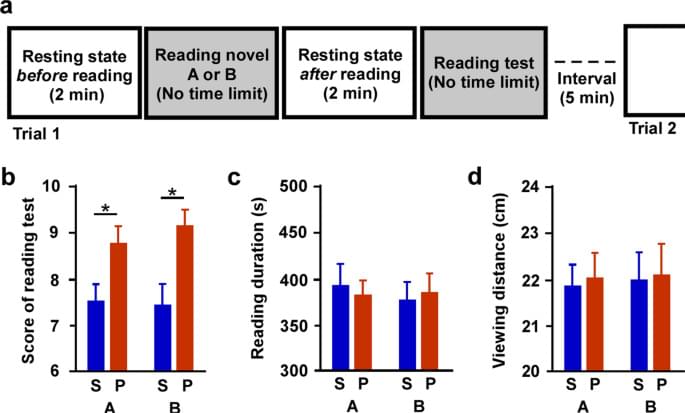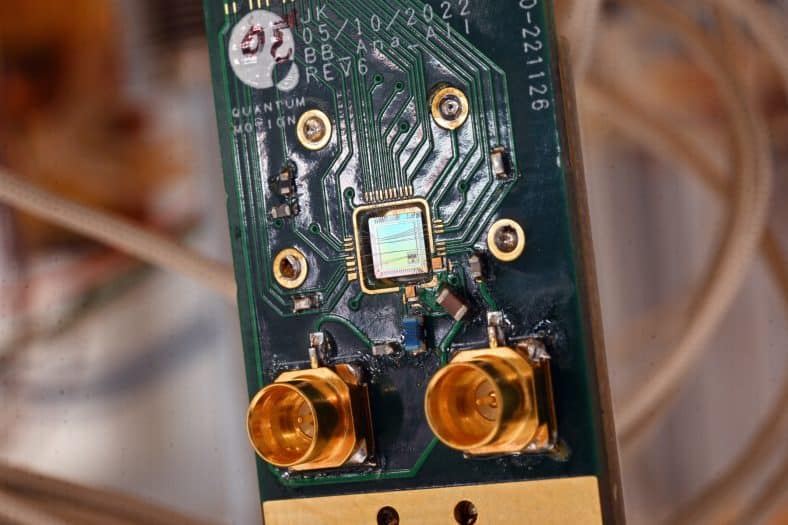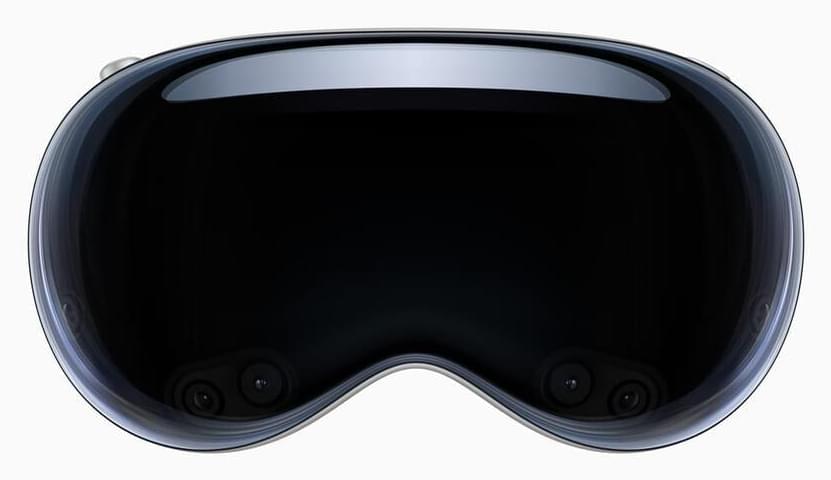We’ve been waxing lyrical (and critical) about Apple’s Vision Pro here at TechCrunch this week – but, of course, there are other things happening in the world of wearable tech, as well. Sol Reader raised a $5 million seed round with a headset that doesn’t promise to do more. In fact, it is trying to do just the opposite: Focus your attention on just the book at hand. Or book on the face, as it were.
“I’m excited to see Apple’s demonstration of the future of general AR/VR for the masses. However, even if it’s eventually affordable and in a much smaller form factor, we’re still left with the haunting question: Do I really need more time with my smart devices,” said Ben Chelf, CEO at Sol. “At Sol, we’re less concerned with spatial computing or augmented and virtual realities and more interested in how our personal devices can encourage us to spend our time wisely. We are building the Sol Reader specifically for a single important use case — reading. And while Big Tech surely will improve specs and reduce cost over time, we can now provide a time-well-spent option at 10% of the cost of Apple’s Vision.”
The device is simple: It slips over your eyes like a pair of glasses and blocks all distractions while reading. Even as I’m typing that, I’m sensing some sadness: I have wanted this product to exist for many years – I was basically raised by books, and lost my ability to focus on reading over the past few years. Something broke in me during the pandemic – I was checking my phone every 10 seconds to see what Trump had done now and how close we were to a COVID-19-powered abyss. Suffice it to say, my mental health wasn’t at its finest – and I can’t praise the idea of Sol Reader enough. The idea of being able to set a timer and put a book on my face is extremely attractive to me.







